When you hear the name of the BBC, you’re likely picturing its award-winning documentaries, TV shows, and reputed news reporting. But what about a computer? They’re not the most famous of BBC’s creations, but it has produced a small number of cheap computers. The latest of these is the BBC Micro:bit. This is the computer, which the Micro:bit Sri Lanka User Group (Micro:bit SLUG) is using to introduce computing to Sri Lankan students.
What is the BBC Micro:bit?
It’s half the size of a credit card and is powered by an ARM processor, the BBC Micro:bit is a single-board microcontroller. Think of it as a computer similar to the likes of the Raspberry Pi or an Arduino. Such computers are cheap and allow developers to create devices with ease. As a result of these two reasons, such computers have become popular in education circles.
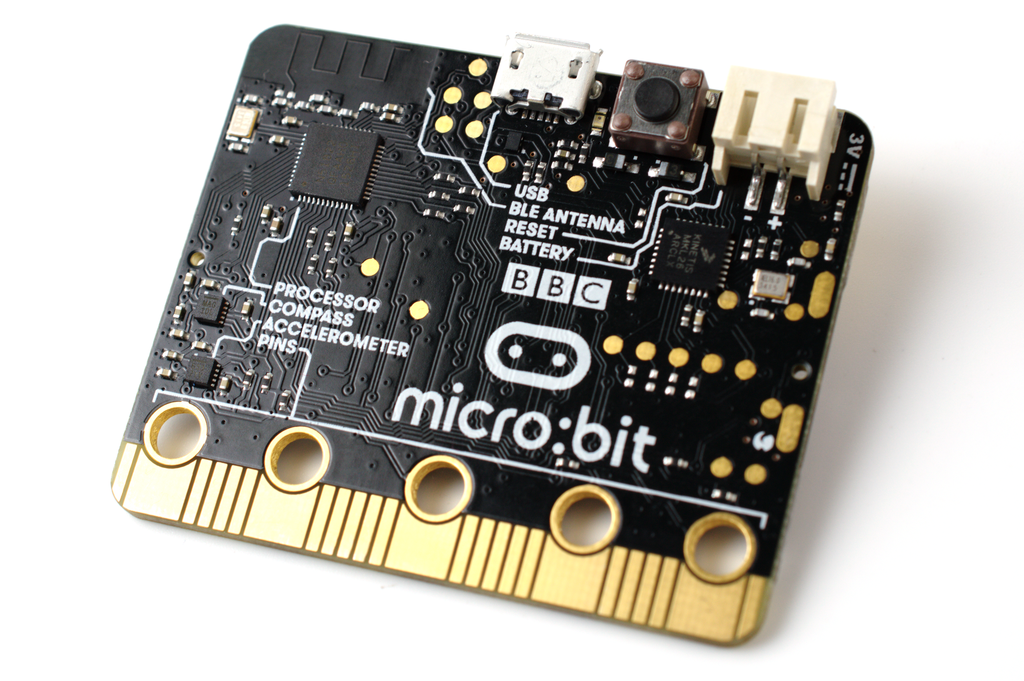
So what exactly does this tiny computer bring to the table? Alongside its processor, you’ll find an accelerometer, magnetometer sensors, Bluetooth, USB connectivity, two buttons, and 25 LED lights. These LED’s can be programmed for a variety of purposes. Similarly, the two buttons on the Micro:bit can be used to execute any programs you write.
But how exactly do you write these programs? There are multiple options available that support a variety of languages. But one that’s popular here in Sri Lanka is the JavaScript Block Editor. Developed as part of Microsoft’s MakeCode initiative, this is a platform that allows you to create programs by assembling visual blocks of JavaScript code. To power all this, the Micro:bit can utilize USB connectivity or an external battery.
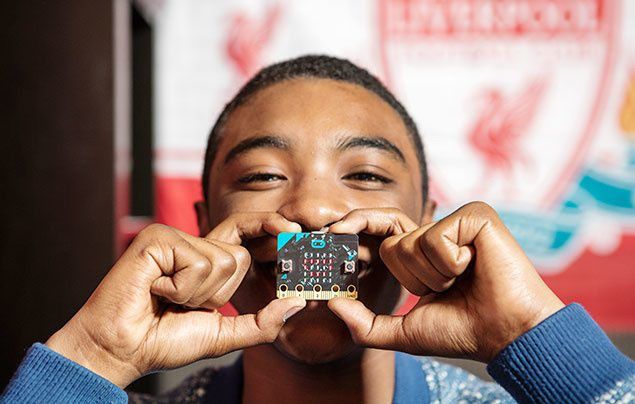
The Micro:bit project began in 2012 as part of the BBC Computer Literacy Program. It was designed to encourage children to write software and build new hardware, rather than being consumers. As such, it was distributed to every Year 7 (11 and 12-year-old) student in the UK.
Afterwards, the BBC handed over the future of this tiny computer to the Micro:bit Education Foundation on the 18th of October 2016. The mission of this organization is simple: to increase the use of the BBC Micro:bit in education throughout the world.
How the Micro:bit is introducing Sri Lanka to coding
Meanwhile, in Sri Lanka, there’s an army of volunteers that travel across the island. Their mission is to show every child in Sri Lanka that they can write code to create anything as long as they’re curious and passionate. Their tool of choice? The Micro:bit. They are the Micro:bit Sri Lanka User Group aka, Micro:bit SLUG.
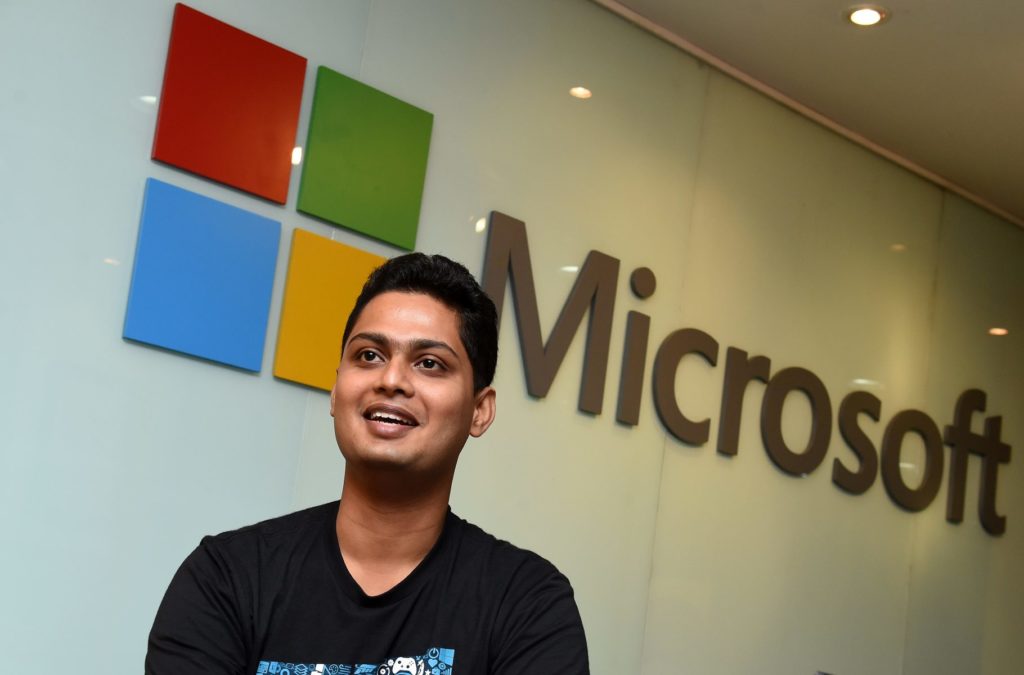
Led by Prabhath Mannapperuma, the origins of this volunteer army is closely tied with that of the Micro:bit Foundation. In 2016, Prabath saw a newspaper article about the Micro:bit. Almost immediately, a fire lit up inside him. He knew that this tiny computer the size of a credit card had immense potential. So he reached out to the Foundation.
However, the Micro:bit Foundation had no plans of introducing the tiny computer to Asia. The foundation itself was in its early days. As such, it was focused on expanding its reach across Europe. But Prabath did not waver. He reached out to the Foundation once again and presented a detailed plan to educate children in Sri Lanka.
This time the Foundation was impressed and agreed to give Prabath free devices and learning materials. Having secured their support, was a victory for Prabath. But he knew that he couldn’t execute this grand idea of his on his own. So he reached out to two of his friends: Indika Dalugama and Avishka Laknath. He explained his idea to them and they agreed to join him.
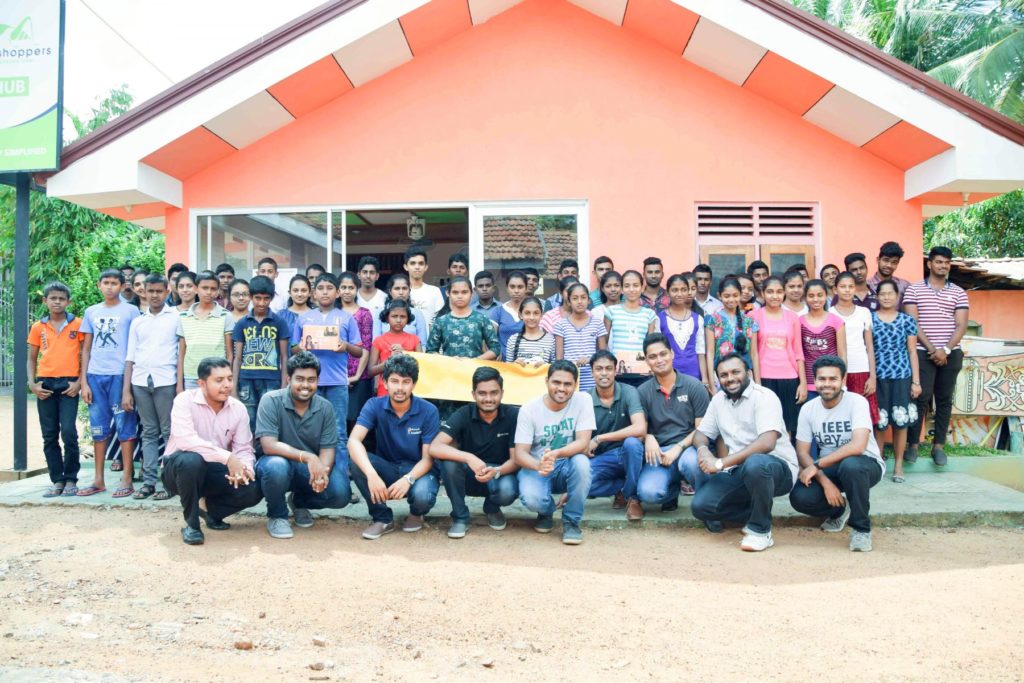
And so in November 2016, the Micro:bit Sri Lanka User Group was born. Soon afterward, they began planning their first awareness session. After much debate, they picked a location and packed their bags. The team had decided that Sri Lanka would be introduced to the Micro:bit not in Colombo, but at a distant rural village.
And so on the 21st of January 2017, they made the 2-hour journey to the Nisala Nenasala in Udubaddawa. After they arrived, they introduced the Micro:bit to 20 school children through an Hour of Code. By the end of the session, the kids were ecstatic. Prabath and his team knew they had just taken the first step towards something amazing.
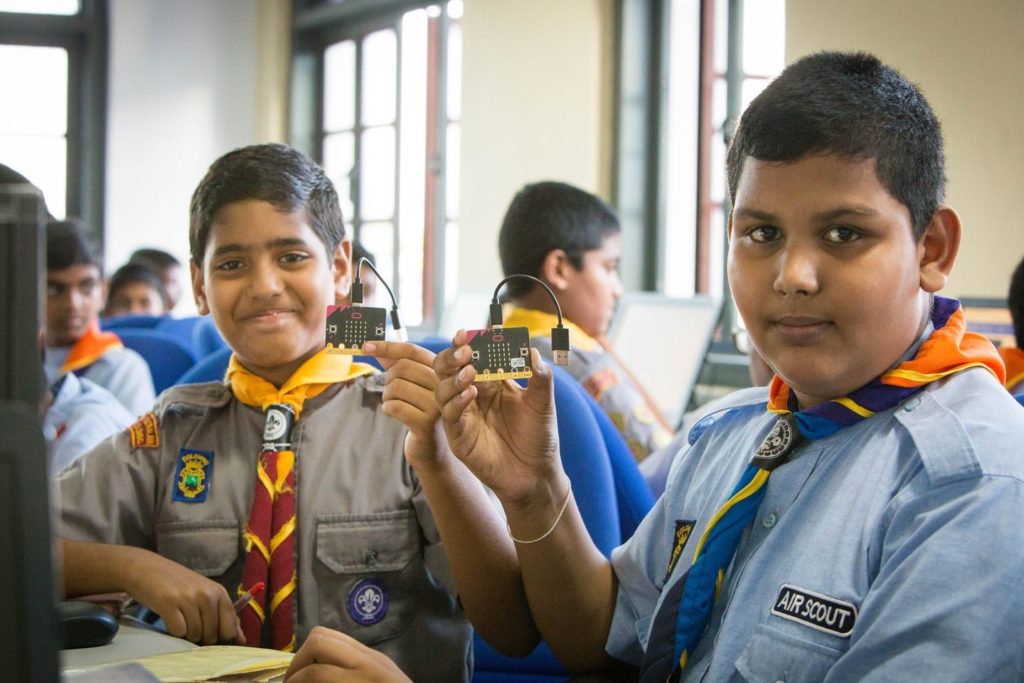
Since taking this first step, the SLUG team has conducted over 30+ awareness sessions. Through these sessions, they’ve introduced over 2000 students to the art of computer science. Furthermore, they’ve also distributed over 100 Micro:bit computers, which has brought about exciting results.
Going beyond the first step
In April 2017, the Micro:bit Foundation announced the results of its Mothers and Carers Challenge. The goal of this challenge was to inspire the young inventors utilizing the platform. To be precise, it was to inspire them to find solutions to help Mothers and Carers around the world. Mentioned among the winners were four ideas by Sri Lankan students, which the Foundation considered to be most impressive.
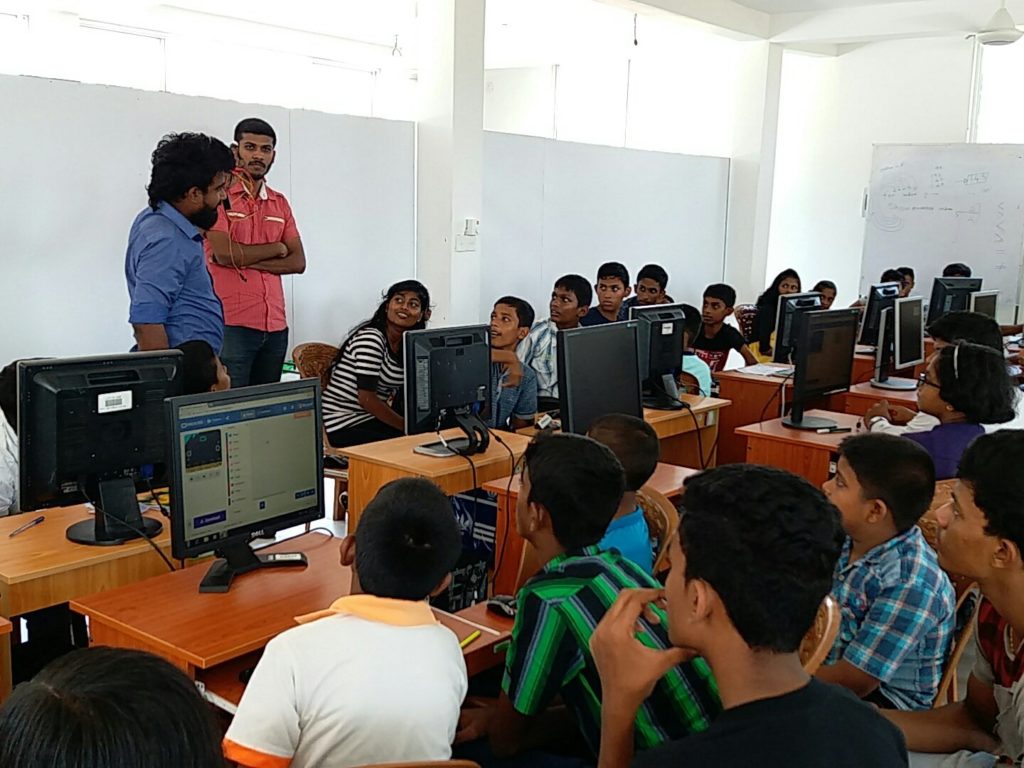
The ideas submitted by these students were simple ones. They ranged from a pressure gauge for gas cylinders to alarms that rang for different scenarios. It’s all too easy for experienced programmers to brush these off as projects they’d do in their sleep. However, one must not forget that these projects were done by rural school children with only 4 months of programming experience. It should also be noted that such communities have limited access to technology.
Such feats aren’t accomplished merely through awareness sessions. The Micro:bit Sri Lanka User Group also hosts a series of Discovery Days. These are special workshops and hackathons that are conducted for school children in districts. Typically, these discovery days see 10 – 20 teams from the district. Over the course of the year, the Micro:bit SLUG team has carried out Discovery Days in 25 districts across Sri Lanka.
Additionally, the SLUG team has also embarked towards localizing the learning resources available for its students. In other words, they’ve made Microsoft MakeCode available in Sinhala. Similarly, they’ve also assisted the Micro:bit Foundation to make the content on its website available in both Sinhala and Tamil.
The dedicated volunteers
From introducing students to programming to training teachers, the SLUG team has been busy this past year. All of which has been conducted by an army of volunteers. Today, SLUG has 288 volunteers from various universities and organizations. These volunteers are spread out across the island.
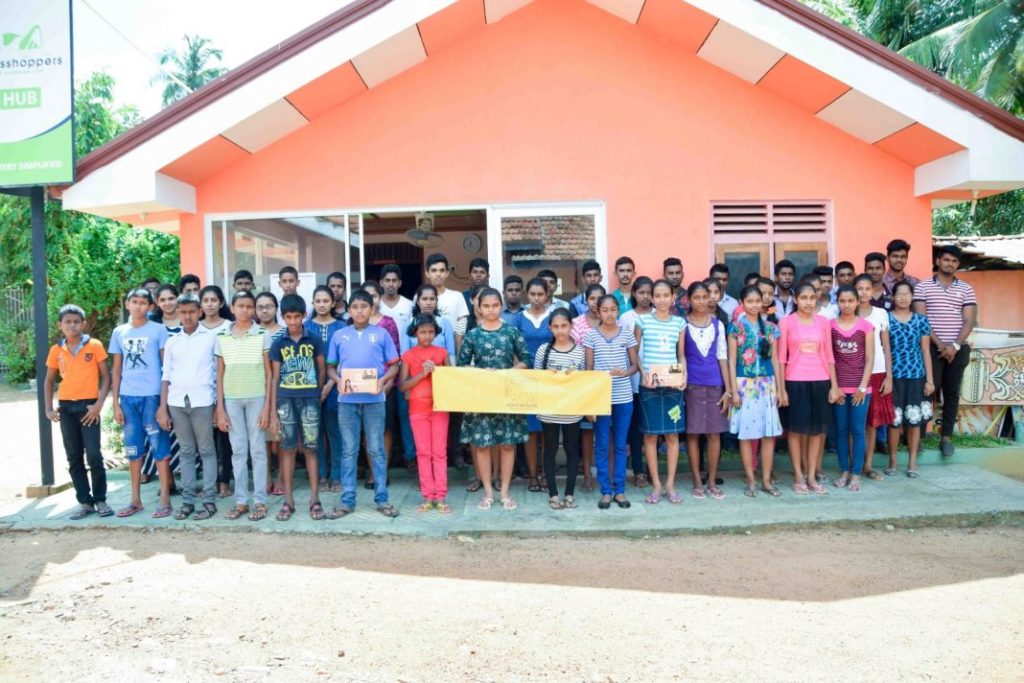
They function like a well-oiled machine led by the SLUG volunteer ambassadors. These ambassadors are located in each of the 25 districts across the island. Whenever SLUG organizes an event, it is these ambassadors that assemble the volunteers and ensure that the event is a success.
Thus far, most of their events have been successful. And these efforts have not gone unnoticed. Recently, they were presented with a special award. The Micro:bit Education Foundation had recognized SLUG as the first official Micro:bit Community Group in the world due to its initiatives to introduce children to programming.
The Future of Micro:bit in Sri Lanka
One year ago, Prabath pitched his grand idea to the Micro:bit Foundation. Today Micro:bit Sri Lanka User Group is a global success story. Nobody foresaw this small band of volunteers being so successful. As such, the Foundation has launched two new Micro:bit User Groups in Canada and Singapore.
These communities have adopted program and follow in the footsteps taken by the volunteers here in Sri Lanka. When asked about the future plans of SLUG, Prabath shared that they will continue to explore new avenues to raise awareness.
Needless to say, the Micro:bit Sri Lanka User Group has a long road ahead of them. But with one tiny computer the size of a credit card, they’re determined to create a Sri Lanka where anyone can use technology to create anything.




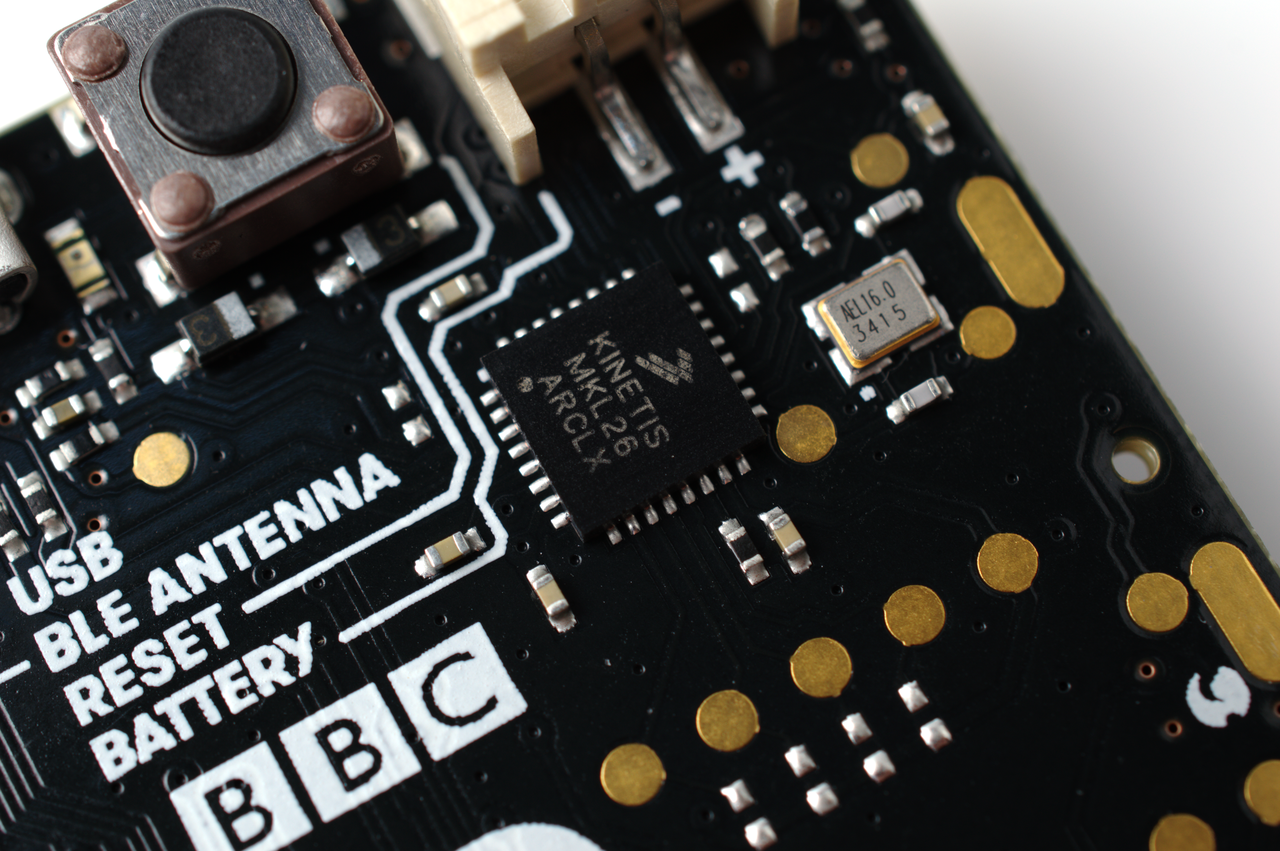

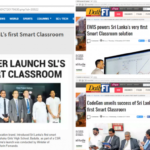
GIPHY App Key not set. Please check settings